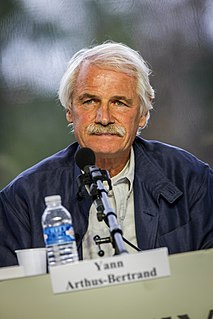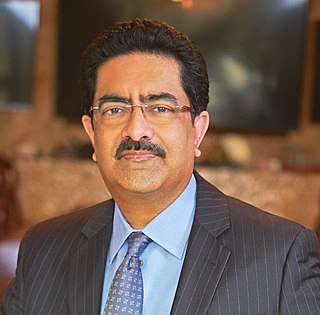A Quote by Joseph Stiglitz
I think that for the developing world there are many versions of capitalism, and countries have to choose one that's appropriate.
Quote Topics
Related Quotes
People think what's in the US today is capitalism. It's not even close to capitalism. Capitalism doesn't have a central bank, capitalism doesn't have taxes, it doesn't have regulations; capitalism is just voluntary transactions. What they have in the US today I call crapitalism. But it's sad that so many people are confused and they think, 'Oh that's free markets in the US', when it's one of the least free market countries on earth.
We are developing in the United States a huge underclass of unwanted people, many of them the descendants of the exploitation of the South American and Latin American countries by American piratical capitalism. Not all capitalism is piratical, but some of it certainly is. And we have a fantastic gap beginning to exist between rich and poor.
People always think of technology as something having silicon in it. But a pencil is technology. Any language is technology. Technology is a tool we use to accomplish a particular task and when one talks about appropriate technology in developing countries, appropriate may mean anything from fire to solar electricity.
Outside of a Grand Slam, I don't think there's a tournament in the world that has this many top players representing their countries. It's really remarkable that we have this many No. 1's. And with so many countries being represented, it's going to give the fans from Las Vegas who are from those countries a chance to come out and root for their countrymen.
Exporters monitor economic and political policies to the developing world, but the consequences of that have been to make developing countries far more sensitive to the constant fluctuations. Developing countries are not always allowed to support their farmers in the same way as the U.S. or Europe is. They're not allowed to have tariff barriers. They're forced, more or less, to shrink their social programs. The very poorest people have fewer and fewer entitlements. The consequence of this has been that there's been a chronic increase in the vulnerability of those economies to price shocks.




































